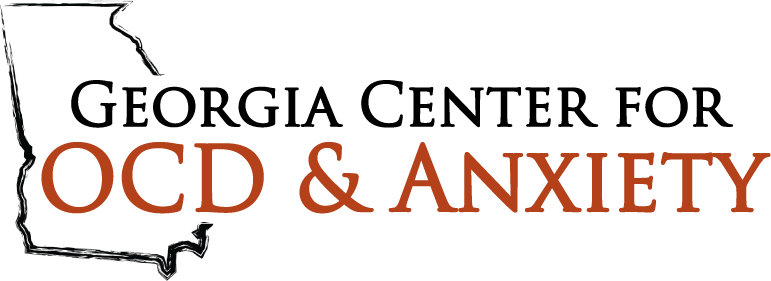Definition
Body Dysmorphic Disorder (BDD) is a preoccupation with an imagined defect in appearance or if a slight physical anomaly is present, the person’s concern is distinctly excessive. This preoccupation causes clinically significant distress or impairment in social, occupational, or other important areas of functioning.
Typically, BDD begins a gradual onset in the mid-teenage to late teenage years although it can develop earlier or later.
Symptoms
Most people pay some amount of attention to their appearance but BDD sufferers worry excessively and unreasonably about some aspect(s) of their appearance. The areas of concern vary greatly though typical areas involve the skin, hair, nose, eyes, baldness, legs, breasts, genitalia, muscle size, and others. Frequent concerns include: nose being too big, chin misshapen, eyelids too puffy, breasts too small, hips too large, etc. These flaws may be non- existent or minimal to another person, but an individual with BDD becomes obsessive in thinking about the “flaw”. These obsessive concerns cause significant emotional distress (e.g. depression) and often significantly interfere with the ability to function.
An individual suffering from BDD often engages in rituals such as excessive grooming and mirror-checking, reassurance-seeking, skin picking to remove skin imperfections, etc. Often these rituals may last for hours. Social situations, including dating, are routinely avoided because the sufferer fears being laughed at, scrutinized, or rejected.
Prevalence
It has been estimated that 1 to 2% of the general population suffers from BDD.
Treatment
Behavior therapy has shown the most promising evidence for the effectiveness of treating BDD. Medication is also commonly used in conjunction with therapy to help reduce the intensity of the individual’s concerns.

